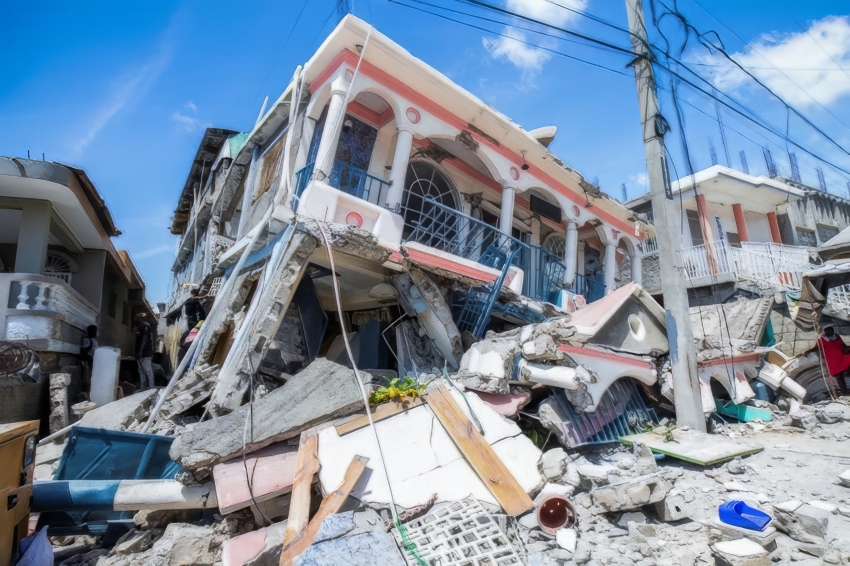Observed annually, World Tsunami Awareness Day highlights the importance of preparedness as governments, businesses, schools, and citizens are reminded that timely action can save lives.
Dave Charlery, Programme Development Officer at the National Emergency Management Organisation (NEMO), explained that recent seismic activity underscores the region’s vulnerability.
“Last week we had four tremors in St. Lucia, registered amid the 6.7 magnitude from a quake in Guadeloupe. Now, tsunamis most time are the result of earthquakes. That’s where they come from, sometimes with warning, sometimes without warning,” Charlery said.
He described community preparedness measures that help residents respond quickly in the event of a tsunami.
“In the community, they develop different signs. For example, if they see the sea is receding, there would be a horn that would be sounded in the community, and everybody will know to stop whatever they are doing and move to higher ground. And that same practice is being done in Choiseul, where an assessment is being given of the area. Persons will be called together, let them know what tsunamis are, how to get tsunami-ready, and how you can get buy-in,” he added.
Modern communication technology plays a key role in rapid warnings. Charlery explained, “We have the network’s cable wireless flow and digital. They would have a blast after the meteorological services have been notified through NOAA or the other agencies that we collaborated with in the Caribbean. A blast was sent to everybody’s phone within minutes of getting the information. It would just come over your screen, island-wide, no matter where you are.”
He also highlighted the ongoing seismic activity in the region, noting that the Caribbean sits along a volcanic belt.
“From the beginning of the year there have been little tremors in January, February, March. We had a number of them, it subsided, and now we’ve seen again the resurgence. It is worrisome. We should never take it for granted that we passed a volcanic eruption. But what we should be mindful of is that if we are prepared, we are better able to respond to such a disaster,” Charlery said.
By understanding warning signs, following official alerts, and practicing evacuation protocols, Caribbean communities can significantly reduce the risks posed by earthquakes and tsunamis


